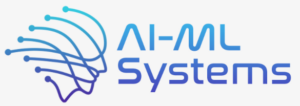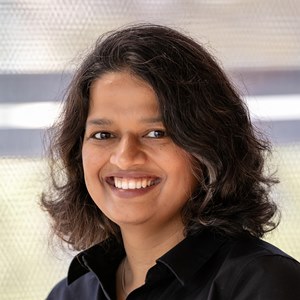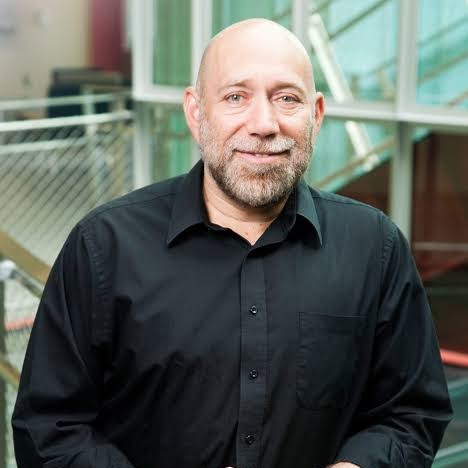Keynote Speakers
Prof. Michael Jordan
UC Berkeley, USA
Deepak Bansal
Corporate Vice-President, Microsoft Azure, USA
Prof. Dan Roth
Amazon and University of Pennsylvania, USA
Title
Reasoning Myths about Language Models: What is Next?
Abstract
The rapid progress made over the last few years in generating linguistically coherent natural language has blurred, in the mind of many, the difference between natural language generation, understanding, and the ability to reason with respect to the world. Nevertheless, robust support of high-level decisions that depend on natural language understanding, and one that requires dealing with “truthfulness” are still beyond our capabilities, partly since most of these tasks are very sparse, often require grounding, and may depend on new types of supervision signals.
I will discuss some of the challenges underlying reasoning and argue that we should focus on LLMs as orchestrators – coordinating and managing multiple models and special purpose agents. I will discuss some of the challenges and present some of our work in this space, focusing on supporting planning and a range of quantitative, visual, and spatial reasoning tasks.
Bio
Dan is a Fellow of the AAAS, ACM, AAAI, and ACL. In 2017, Dan was awarded the John McCarthy Award; he was recognized for “for major conceptual and theoretical advances in the modeling of natural language understanding, machine learning, and reasoning.” He has published broadly in natural language processing, machine learning, knowledge representation and reasoning, and learning theory, was the Editor-in-Chief of the Journal of Artificial Intelligence Research (JAIR) and has served as a Program Chair and Conference Chair for the major conferences in his research areas. Roth has been involved in several startups; most recently he was a co-founder and chief scientist of NexLP, a startup that leverages the latest advances in Natural Language Processing, Cognitive Analytics, and Machine Learning in the legal and compliance domains. NexLP was acquired by Reveal. Dan received his B.A Summa cum laude in Mathematics from the Technion, Israel and his Ph.D. in Computer Science from Harvard University in 1995.
Prof. Shree Nayar
Columbia University, USA






